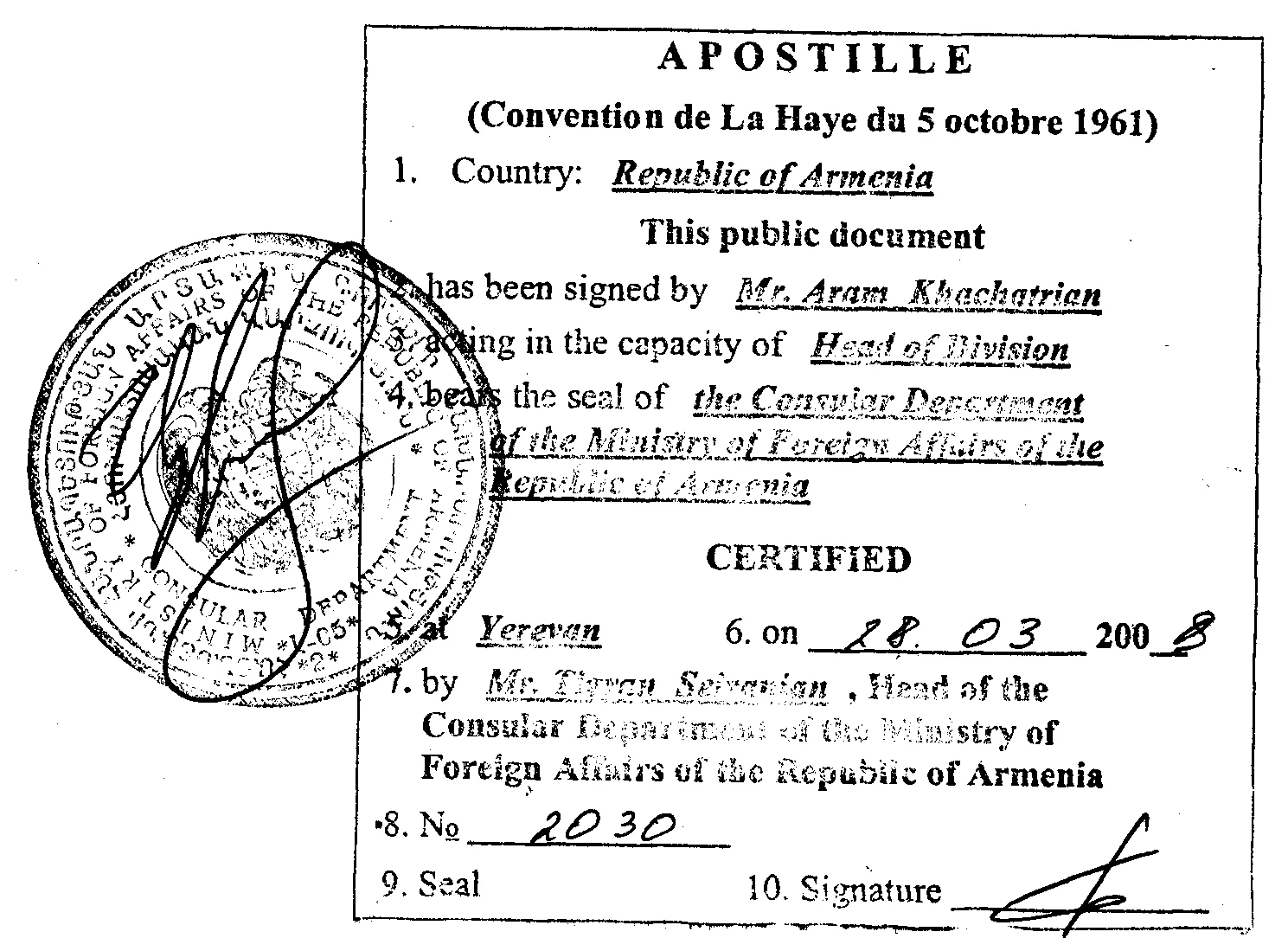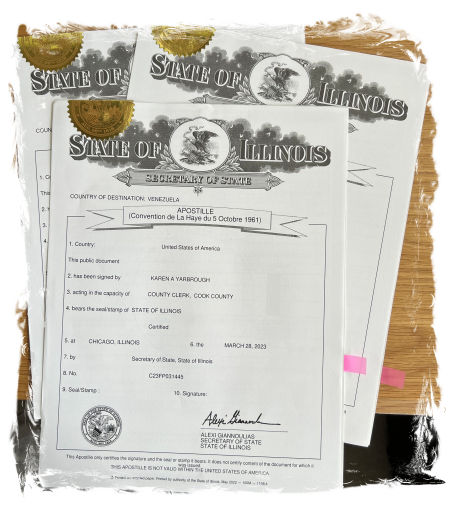Understanding the Apostille Process: A Comprehensive Guide to International Record Authentication
Browsing the elaborate landscape of worldwide record authentication can be intimidating without a clear understanding of the apostille procedure. This overview meticulously describes the needed actions, from identifying which files require accreditation to sending them for confirmation by the Competent Authority. Understanding the value of an apostille and identifying prospective pitfalls, such as insufficient entries and language barriers, can considerably enhance the authentication trip. What specifically specifies an apostille, and why is it so crucial for documents destined for Hague Convention nations? These questions form the foundation of our exploration into this important legal treatment.
What Is an Apostille?
An apostille is an official certification that verifies the credibility of a record for usage in one more nation. This certification, released by an assigned authority in the country where the document came from, guarantees that the file is recognized as legitimate and reputable in the worldwide field. The process of getting an apostille entails a number of steps, including the verification of the record's trademarks, seals, and stamps by suitable governmental bodies.
The apostille works as an internationally identified type of verification, enabled by the Hague Convention of 1961. This treaty, officially called the Hague Convention Abolishing the Need of Legalisation for Foreign Public Papers, standardizes the procedure of paper certification amongst participant nations. The apostille itself is a standardized certification which contains particular details, such as the releasing authority, the native land, and the day of issuance.
It is necessary to note that not all papers are qualified for an apostille. Commonly, public papers like copyright, marital relationship licenses, court orders, and educational diplomas get approved for this certification. Personal files, such as contracts and agreements, might call for registration and extra actions to qualify.
Relevance of Apostille
Understanding what an apostille is sets the stage for valuing its significance in worldwide ventures. houston tx apostille. An apostille, essentially a type of accreditation released by an assigned authority, confirms the authenticity of a paper for usage in international nations that are signatories to the Hague Apostille Convention. This standard procedure eliminates the requirement for more legalisation by consular offices or consulates, consequently simplifying global transactions
The importance of an apostille can not be overstated. It makes certain the integrity and approval of necessary papers-- such as birth certifications, marital relationship licenses, and educational diplomas-- across boundaries. For services, it assists in the smooth conduct of worldwide profession, important site mergings, and procurements by supplying a trusted approach of record verification. This reduces governmental hurdles, saving both time and resources.
Moreover, an apostille boosts legal security and conformity. Federal governments and institutions can with confidence depend on the authenticity look at here of files bearing an apostille, minimizing the danger of fraud and misstatement.
Documents That Need Apostille
When engaging in worldwide purchases or legal matters, particular records typically demand the authentication offered by an apostille. This ensures their recognition and approval in countries that are notaries to the Hague Apostille Convention. Generally, personal files such as birth certifications, marriage certifications, and fatality certifications require an apostille, particularly when they are made use of for procedures like immigration, marriage abroad, or global probate issues.
Educational documents are an additional classification regularly calling for apostilles. Diplomas, transcripts, and academic records often need this authentication for functions such as going after additional education and learning, work, or professional licensing in a foreign nation (houston tx apostille). This action guarantees that the documents are recognized as reputable and valid
Legal files, including powers of attorney, sworn statements, and court orders, likewise commonly demand apostilles. Business documents such as certificates of incorporation, bylaws, and business agreements may require an apostille to help with international trade, establish foreign branches, or take part in cross-border legal proceedings.
Actions to Get an Apostille

Getting an apostille entails a multi-step procedure that makes sure the credibility and approval of your records in international nations. The preliminary step is determining which files need an apostille. houston tx apostille. Common documents consist of birth certifications, marital relationship licenses, academic transcripts, and business records
As soon as recognized, the document must be licensed by the appropriate providing authority. This may entail registration by a notary public or confirmation by a regional or state official, relying on the type of document. After qualification, the paper ought to be submitted to the marked Competent Authority in the file's country of beginning. In the United States, for instance, this is generally the Secretary of State's workplace for each state.
The submission procedure normally calls for a completed application, the original record, and a cost. Some territories may supply the option of expedited handling for an additional charge. Upon successful confirmation, the Competent Authority will attach the apostille certification to the file, therefore confirming its authenticity.
Usual Difficulties and Solutions
Browsing the apostille process can provide numerous common difficulties that, if not appropriately addressed, may postpone or complicate record verification. One frequent problem is the entry of wrong or incomplete documents. Each nation has particular demands for the sorts of documents that can be apostilled, and any type of variance from these can cause being rejected. Making certain that all files are accurate and complete before submission is essential.
Another typical obstacle Going Here is understanding the varied processing times. Processing times can vary significantly between countries and also in between various areas within the same country. It is vital to represent these variations when planning the apostille process to stay clear of unanticipated delays.
Furthermore, language barriers can position significant obstacles. Records in a foreign language commonly need certified translations, and any inaccuracies in translation can bring about more issues. Involving an expert translation service can mitigate this threat.

Verdict
Grasping the apostille process dramatically enhances the performance of international paper authentication. By understanding the need of determining and licensing required records, and browsing the submission to the Competent Authority, the process comes to be much more convenient.